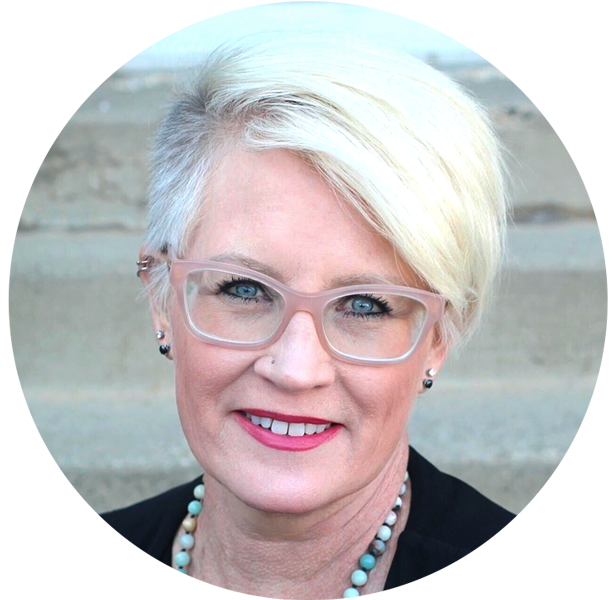Transcripts and additional resources:
Meet Our Guest(s):
Amber Hines, Elizabeth Caton, Jamie Vannoy, Christine Michalik, Andrea Mason, and A. Simone McQuaige
Each of the 2024 Amplify Star Award winners have transformed their classrooms and empowered their students with the Science of Reading. These educators and leaders have gone above and beyond to light the path for students to pursue lifelong literacy. Award-winners featured in this episode include: Amber Hines, The Knowledge Builder; Elizabeth Caton, The Science of Reading Rookie; Jamie Vannoy, The Literacy Legend; Christine Michalik, The Knowledge Builder; Andrea Mason,The MTSS Maestro; and A. Simone McQuaige, The Changemaker.
Meet our host, Susan Lambert
Susan Lambert is the Chief Academic Officer of Elementary Humanities at Amplify, and the host of Science of Reading: The Podcast. Throughout her career, she has focused on creating high-quality learning environments using evidence-based practices. Lambert is a mom of four, a grandma of four, a world traveler, and a collector of stories.
As the host of Science of Reading: The Podcast, Lambert explores the increasing body of scientific research around how reading is best taught. As a former classroom teacher, administrator, and curriculum developer, Lambert is dedicated to turning theory into best practices that educators can put right to use in the classroom, and to showcasing national models of reading instruction excellence.

Quotes
“There is no, ‘Let's try this. Let's try that.’ When it's evidence based, you know that it's proven to be effective.”
“It's important that we are aligning our practices to standards and what the students are required to do—but also what they need.”
“If we don't make a conscious effort to utilize evidence-based practices, we are going to be failing our most at-risk populations.”
“All students should have the opportunity for multiple readings of the same text to build comprehension, to build fluency.”
“It's really important to utilize assessments, [to] make sure that my students are getting exactly what they need based on the data that I get from assessments, but also based on the data that I get from regular progress monitoring.”
“This is not something that can be just done at the schoolhouse. It involves the community and all of our community stakeholders.”


